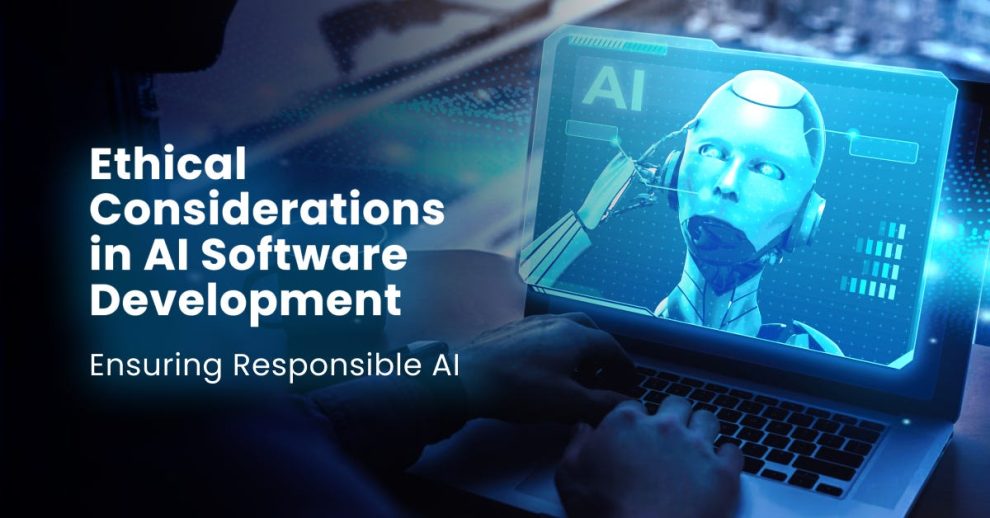Artificial intelligence (AI) is rapidly transforming our world, from powering self-driving cars to diagnosing diseases. But with this tremendous power comes a profound responsibility, particularly in the realm of software engineering. As we build and deploy AI systems, we must confront crucial ethical questions:
- Are we creating fair and unbiased systems?
- Are we protecting privacy and security?
- Are we upholding human values and responsible use of technology?
Navigating the Ethical Minefield
Bias and Fairness
Algorithms can inherit and amplify societal biases, leading to discriminatory outcomes. Software engineers must actively debias training data, design fair algorithms, and monitor for unintended consequences.
Privacy and Security
AI systems often handle sensitive data. Robust security measures, data anonymization techniques, and clear transparency about data usage are essential to protect user privacy and prevent misuse.
Transparency and Explainability
“Black box” AI models are difficult to understand, raising concerns about accountability and decision-making processes. Engineers should strive for transparency in algorithm design and provide accessible explanations for AI-driven decisions.
Job Displacement and Societal Impact
AI automation may displace certain jobs. Responsible AI development requires consideration of the broader societal impact and strategies to mitigate job losses and create new opportunities.
Weaponization and Malicious Use
The potential for weaponized AI raises terrifying possibilities. Engineers have a responsibility to advocate for responsible development and deployment of AI, preventing its use for harmful purposes.

Building Trustworthy AI: A Call to Action
Emphasize Ethical Frameworks
Integrate ethical considerations into the software development lifecycle from the outset. Frameworks like Microsoft’s Responsible AI and the Montreal Declaration for Responsible AI offer valuable guidance.
Diversity and Inclusion in Design
Fostering diverse teams in AI development helps mitigate bias and ensure different perspectives are considered.
Continuous Monitoring and Evaluation
Regularly evaluate AI systems for bias, fairness, and unintended consequences, making adjustments as needed.
Open Communication and Transparency
Be transparent about AI’s limitations and potential risks, engaging in open dialogue with stakeholders and the public.
Collaboration and Community Building
Advocate for responsible AI development across the industry, fostering collaboration and knowledge sharing to address ethical challenges collectively.
The Road Ahead: From Code to Conscience
Building responsible AI requires a shift in mindset. Software engineers must move beyond technical prowess and embrace their ethical responsibility as builders of systems that will impact individuals and society as a whole. By prioritizing ethical considerations, transparency, and continuous improvement, we can build AI systems that are not only powerful but also beneficial, trustworthy, and aligned with our shared human values.













Add Comment